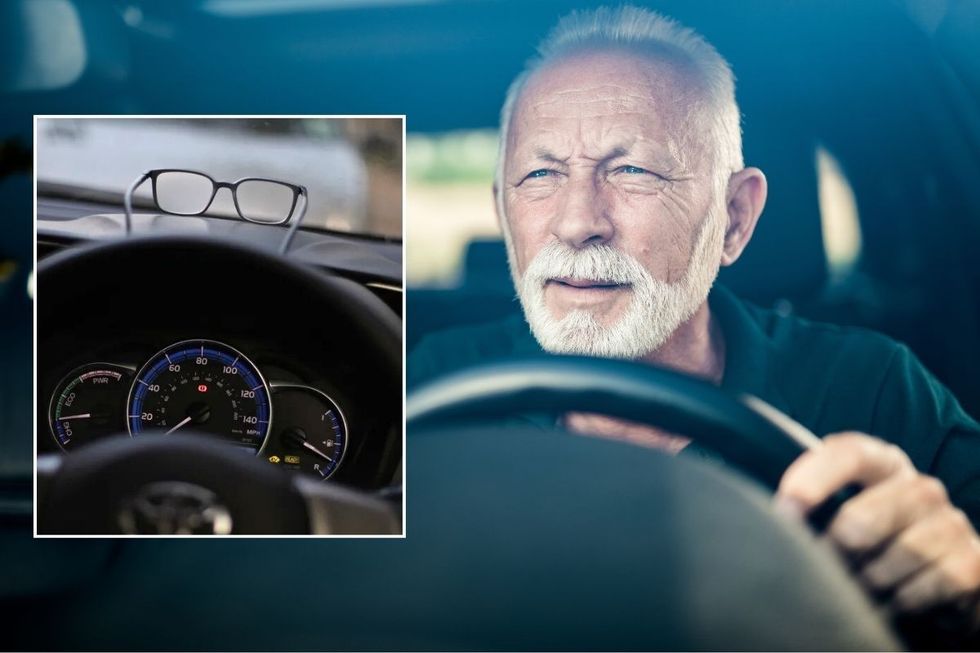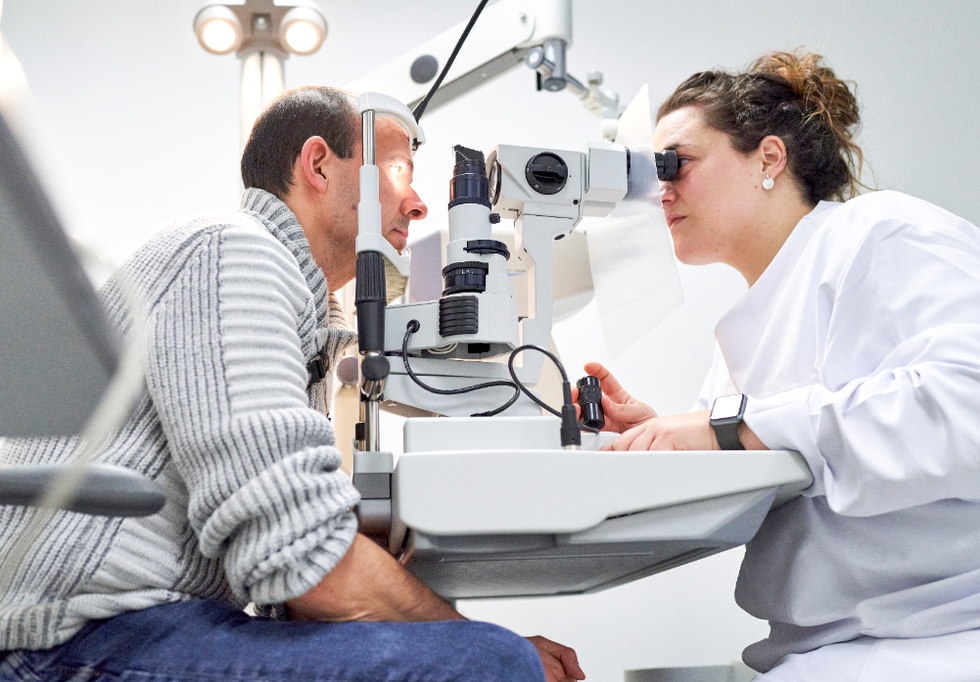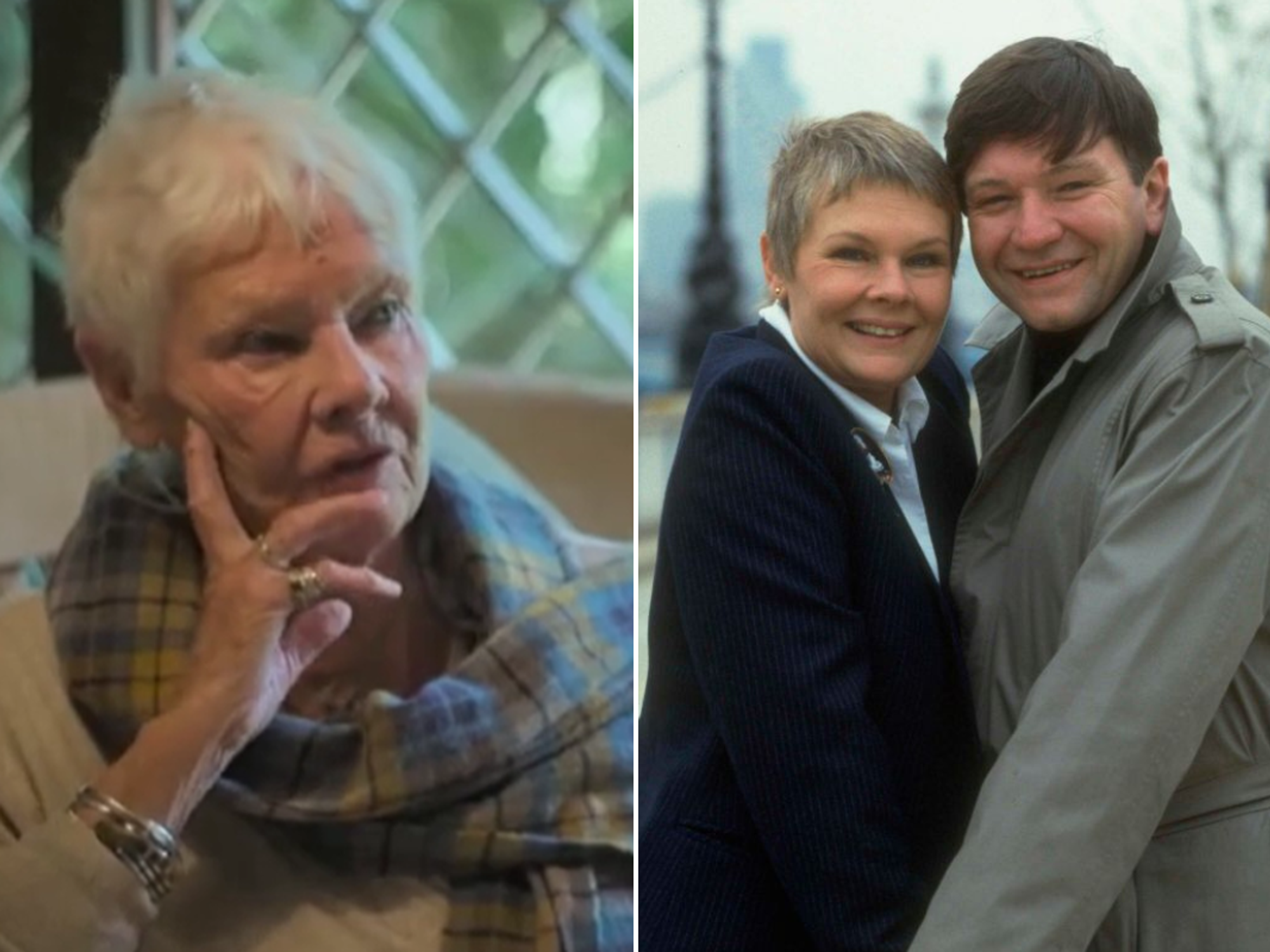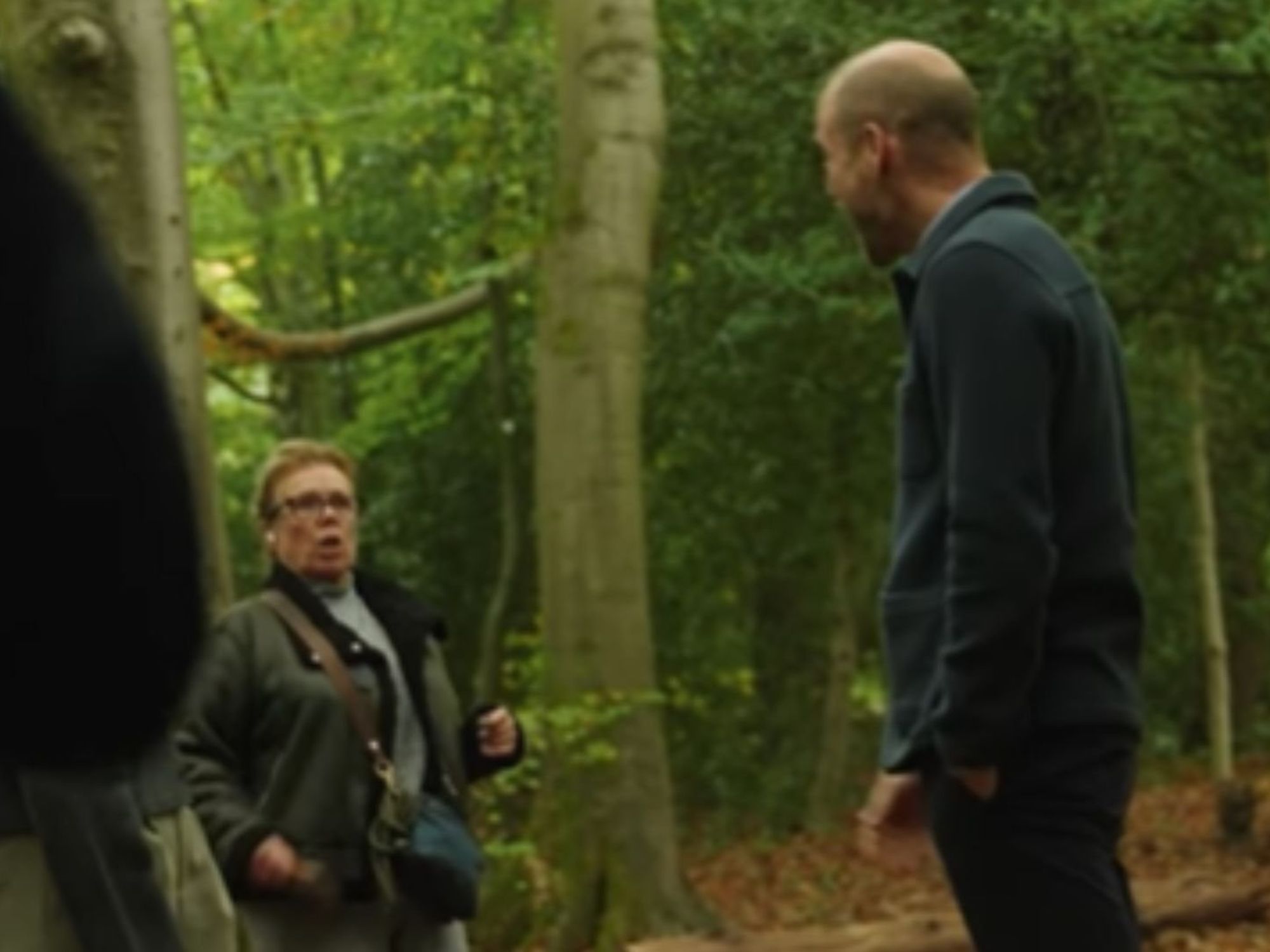Driving law changes could see Britons forced to have regular eye tests amid urgent calls for action

The current eyesight laws were first introduced in the 1930s
Don't Miss
Most Read
Latest
New research has found that one-fourth of Britons are concerned about someone they know driving with poor vision amid calls for urgent law changes.
Data shows that the majority of optometrists around the UK have seen a patient in the last month who continues to drive, despite being told their vision does not meet the legal standard.
In total, 56 per cent said they have a patient on the road who struggles with their eyesight - a sharp increase compared to just four in 10 in 2019.
Worryingly, 51 per cent of optometrists say they have more than one patient who continues to drive illegally, prompting calls for new law changes.
Do you have a story you'd like to share? Get in touch by emailing motoring@gbnews.uk

Experts are calling for law changes to eyesight rules amid safety fears
|PA/GETTY
The Association of Optometrists is now calling for all drivers to be required by law to have their vision checked when they first apply for a licence and when they renew their licence.
For the majority of drivers, this would be every 10 years, although elderly motorists would need to ensure their eyesight meets regulations every three years.
The general public also back the new measures, with one in every seven people saying they know a relative, friend or co-worker is driving despite having eyesight below the legal standard.
Generally, the AOP recommends that all Britons should have their eyes tested every two years. This should be done more frequently if an optometrist recommends it.
Drivers are required to tell the DVLA if they have any problem with their eyesight which affects both of their eyes, or the remaining eye if they only have one.
They must also be able to read a car number plate made after September 1, 2001, from 20 metres. They are able to wear glasses or contact lenses if necessary.
Adam Sampson, chief executive of the Association of Optometrists, said the new data was a "stark reminder" of how roads across the country are not as safe as they should be.
He added: "In the UK, the number plate test is not an adequate test of vision. It is carried out only once with a driving instructor, not a trained eye health professional.
READ MORE: Nigel Farage just issued stern warning over China but is it valid?
"A driver’s vision can then remain unchecked for the rest of their life. This approach is flawed and is out of step with many other countries who use a full sight test as the means to accurately ensure motorists have satisfactory vision to drive safely."
Almost two-thirds of optometrists believe the DVLA guidance in the 1937 Road Traffic Act is no longer "fit for purpose", with some noting that it is "dangerously out of date".
A further 63 per cent believe the old laws are putting people needlessly at risk of harm on UK roads, with almost half of Britons believing the rules were written in the 1980s.
The vast majority (83 per cent) of Britons would back a system where vision must satisfy sight standards at application and the renewal of a licence, and is checked by an optometrist.
LATEST DEVELOPMENTS:

Motorists are required to meet the minimum eyesight standards for driving
| GETTYSampson added: "What is deeply worrying is that we have a decade’s worth of evidence to highlight the risks, and the growing concern of eye experts.
"Change is never easy. There was huge opposition to drink-driving laws and the mandatory use of seatbelts – but these interventions save lives.
"That's why we are calling on the Department for Transport to update the law to ensure all drivers are required to have their vision checked and this should be done by reliable means."
A Department for Transport spokesperson told GB News: "Every death on our roads is a tragedy, and our thoughts remain with the families of everyone who has lost a loved one in this way.
"The NHS recommends adults should have their eyes tested every two years, and while we do not have plans to change eyesight requirements for driving, we continue to explore ways to improve road safety."











